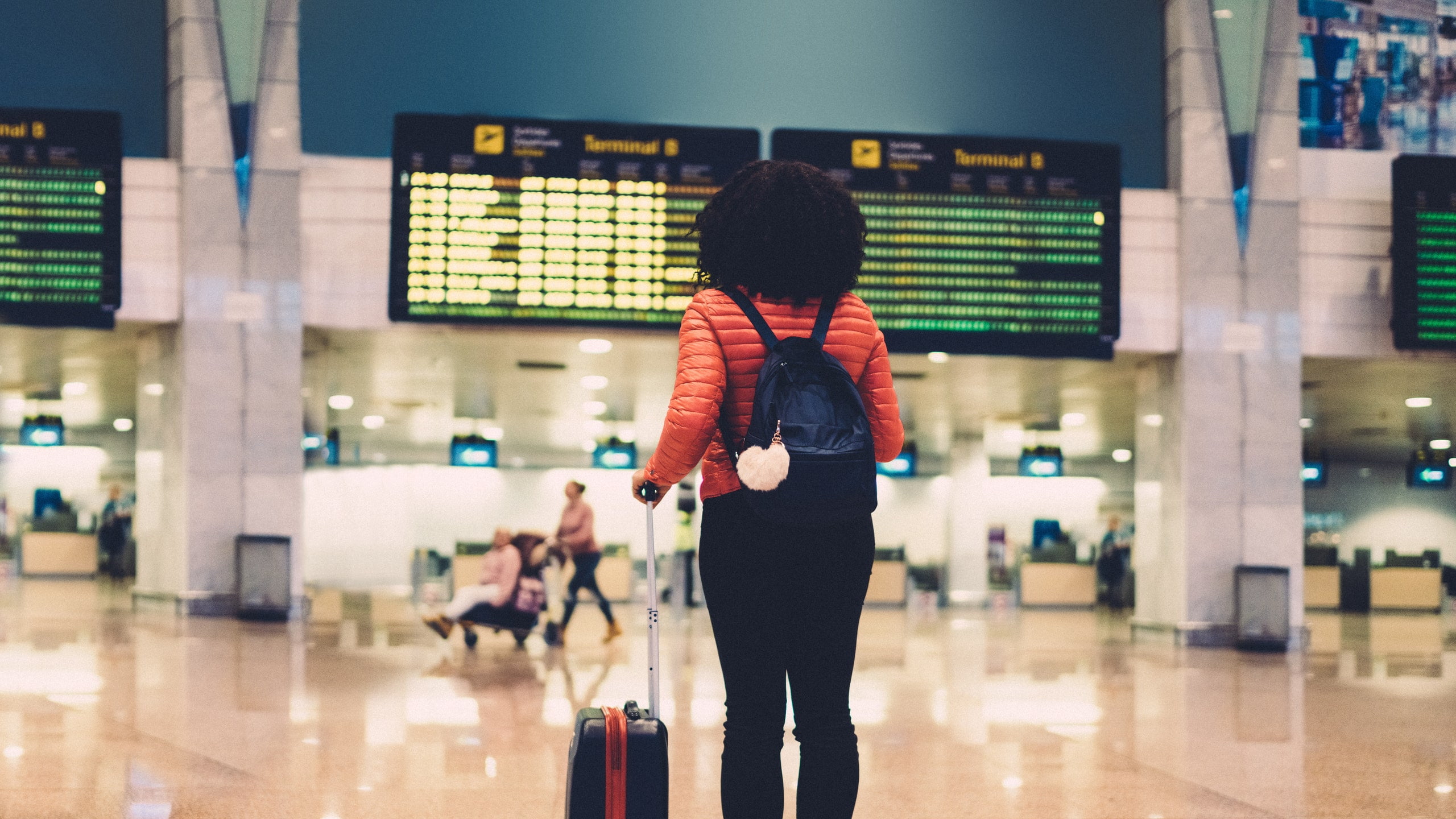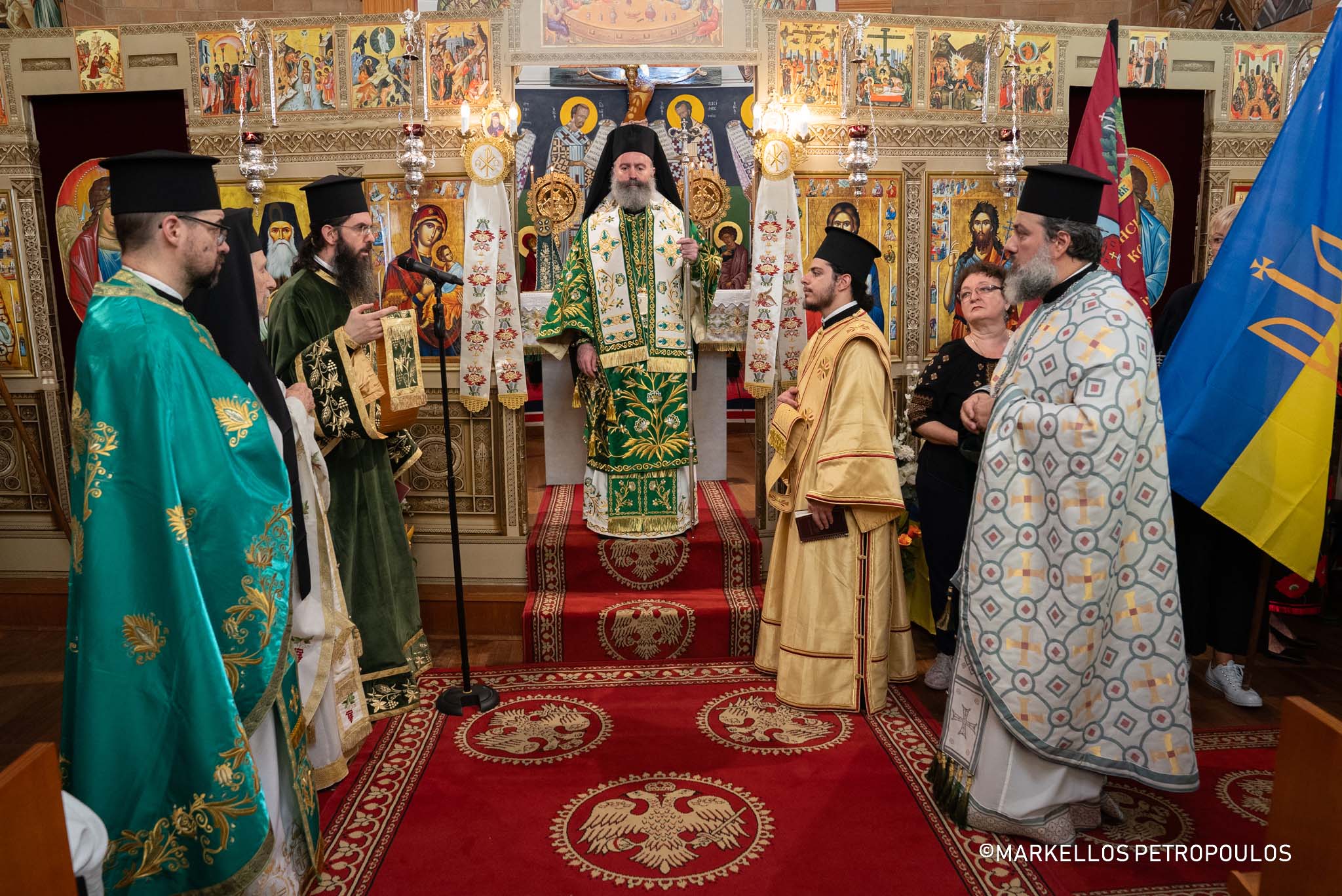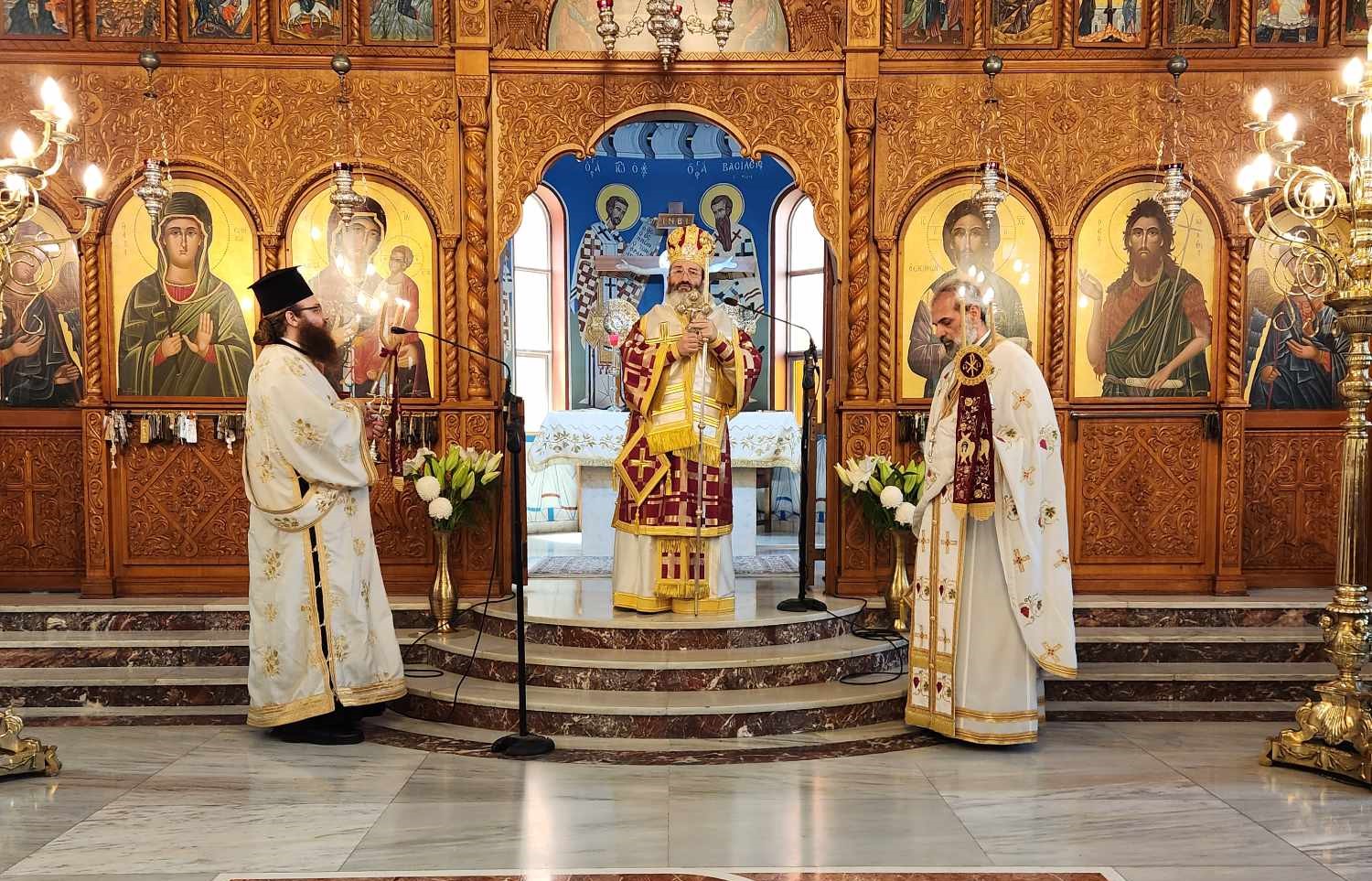International airlines may be forced to suspend flights to Australia after arrival cap halved


International airlines claim they could be forced to suspend services to Australia from next week after national cabinet agreed to halve the number of people allowed to enter the country – and they say any suggestion of price gouging is “insulting and bizarre”.
From 14 July, overseas arrivals will be slashed from 6,070 to 3,035 a week – crushing the hopes of thousands of Australians stuck overseas and looking to get home.
Barry Abrams, the executive director of the Board of Airline Representatives of Australia, said on Sunday he sympathised with those caught overseas. But he said airlines still flying to Australia and struggling to break even would face tough choices.
“It is going to be a very difficult situation for many airlines to maintain their frequency of flights to Australia,” Abrams said.
“Many will be asking whether or not it makes more sense to suspend their passenger flights or just run cargo flights. I wouldn’t see it as cutting Australia off [but] I would see reduced connectivity and availability of flights to and from Australia.”
The price of a flight is based on its length, the number of passengers and the capacity for air freight, with the direct cost of a flight running at $10,000 an hour, Abrams said.
If an airline did stop operating he expects the government would reallocate seats under the new cap to other airlines that continue to fly to Australia. But with no details provided to the industry, there were many unknowns regarding how the change would be handled, Abrams said.
“The airlines haven’t even been allocated their cap reductions yet,” he said. “It’s not until those processes start to occur that airlines can start to process this. I know that this does not provide any certainty to all this.
“We certainly get it, that it’s a terrible situation, but that is something we are complying with from the Australian government that the airlines will have to go and do.”
Abrams said the airline industry had not been consulted before Friday’s announcement.
The news was followed by an outpouring of anger and dismay in online community groups for Australians stranded overseas.
Many labelled the decision “inhumane”, particularly as no time frame or targets were supplied clarifying when quarantine restrictions for fully vaccinated travellers might ease.
Nearly 5,000 people have signed a Change.org petition to “Deny Annastacia Palaszczuk an exemption to leave Australia to attend the Tokyo Olympics” after the Queensland premier led the charge by states campaigning to reduce the numbers of international arrivals.
According to the most recent figures from the foreign affairs department, there are 34,000 Australians stuck overseas still waiting to return home.
The price of flights to Australia spiked after Friday’s announcement but Abrams rejected any suggestion airlines were price gouging.
“As international airlines, we would see it as quite an insult,” Abrams said. “They have continued to operate throughout the pandemic under extremely difficult commercial conditions and many large multinationals continue to bleed large cash flow losses. Any notion they have been profiteering or gouging is just bizarre.”
The federal health minister, Greg Hunt, had said on Saturday he hoped “there is nobody who seeks a commercial advantage from difficult circumstances”.
The finance minister, Simon Birmingham, on Sunday defended slashing the arrival cap.
“This decision is one that just deals with the reality of the fact that the risk profile changes as we continue to move through this pandemic,” he told ABC’s Insiders program. “The Delta variant does change that profile in terms of the transmissibility of that and risks associated with it.”
The minister dismissed suggestions the cap reduction could have been avoided if the federal government had begun planning and constructing purpose-built quarantine facilities in early 2020.
“I don’t think we are ever going to be able to replicate the number of places in terms of hotel quarantine in other types of facilities,” he said.
“Australia has done an incredible job to have people return whilst continuing to suppress the virus and keep it out of the community, so it has been a very successful model to date.”
Source: The Guardian




